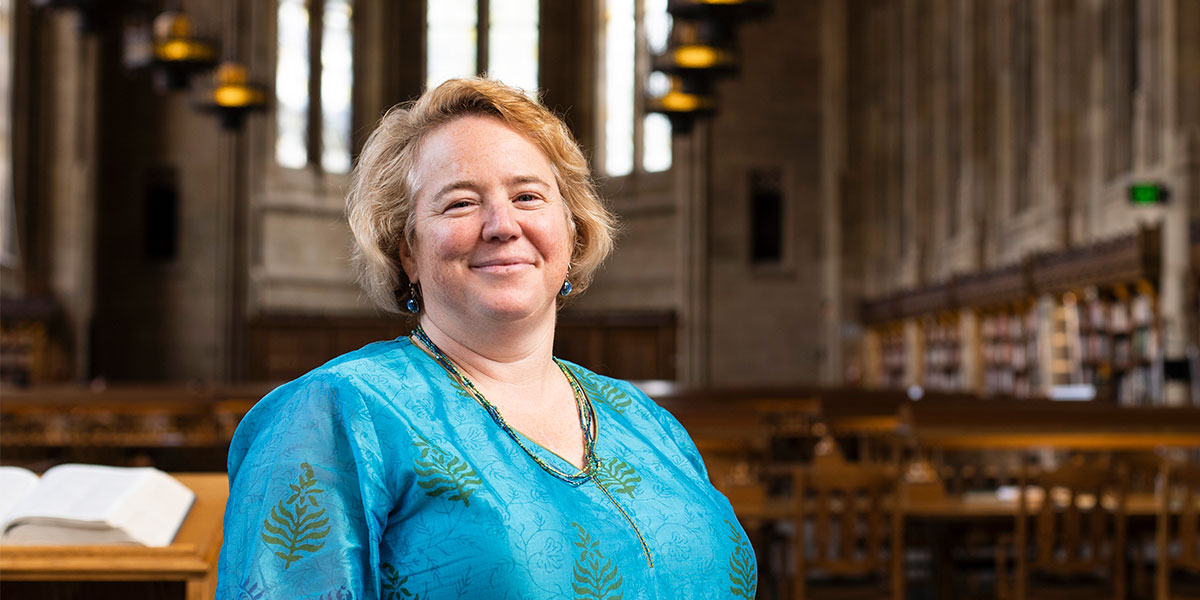
Hilary Godwin, dean of the University of Washington School of Public Health, was the lone public health voice among a group of aviation professionals that testified May 6 before a Senate committee on the impact of COVID-19 on the industry and the next steps for reopening amid the pandemic.
Invited by the United States Senate Committee on Commerce, Science, and Transportation, Godwin made the case that public health considerations must play a greater role in the aviation industry, especially now during a pandemic and particularly by developing and implementing national guidance to promote public safety and health.
Godwin addressed the public health challenges that will arise when regular commercial flights resume and discussed a variety of measures that, when combined together, creates a "net" that will help redue overall risk to the millions of people who work in and benefit from the aviation industry each day.
“I recognize that air travel is a critical part of our nation's economy," Godwin said in her written testimony, submitted to the committee ahead of the hearing, "as we resume air travel, we must prioritize keeping airports, airplanes and the public safe."
To do this successfully, the aviation industry and public health officials need to work together, according to Godwin, also a professor in the Department of Environmental & Occupational Health Sciences.
As stay-at-home orders are relaxed and more people begin traveling again, maintaining safety while traveling will be challenging because of the nature of airports and airplanes.
“Typically, millions of individuals flow through airports... The probability that healthy individuals will interact with one or more individuals who are infected but may not know increases exponentially as the number of people passing through the airport increases,” Godwin said.
She added that it is critical to reduce the number of close contacts each person has, to require individuals to wear face coverings, and to lower the chances of virus transfer through surfaces. Additional strategies proposed in her testimony include screening individuals for symptoms when they enter the airport environment, requiring individuals to attest to being asymptomatic prior to travel and requiring that all flight manifests be maintained with current contact information for all passengers.
All of Godwin’s recommendations are based on existing public health evidence.
“While each of the strategies … comes with limitations and poses logistical challenges, combining them creates a ‘net’ that will help to reduce overall risk to the millions of individuals who work in, travel using, and benefit from the aviation industry each day,” she said.
Sen. Roger Wicker, chairman of the Senate committee, will convene the hearing. Other witnesses will provide an update on the current status of the aviation industry and address challenges resulting from the COVID-19 pandemic. The hearing will also examine the implementation of the Coronavirus Aid, Relief and Economic Security (CARES) Act.
Also testifying are the Honorable Eric Fanning, president and chief executive officer of the Aerospace Industries Association; Nicholas Calio, president and chief executive officer of Airlines of America; and Todd Hauptli, president and chief executive officer of the American Association of Airport Executives
